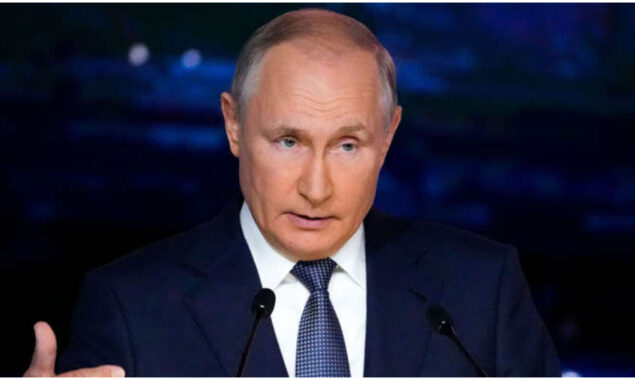
Russia
The Russian consulate in Sarajevo on Wednesday cautioned the West’s mentality could cause “destabilization” in Bosnia, a day after the nation’s top worldwide agent suspended a dissident ethnic Serb regulation.
The response of Moscow reflects strains in the unpredictable Balkans district, generally conflicted between East and West, and where Russia looks to broaden its impact.
Fears that those strains would raise have expanded since Kremlin attacked Ukraine in late February.
The top international envoy to Bosnia, Christian Schmidt, who is backed by the West but not recognized by Moscow, on Tuesday suspended the controversial law , that would have enabled the country’s Serbs to take over the state-owned property on their territory and further weaken the central government.
Holders of Schmidt’s post, which oversees civilian aspects of the peace deal that ended Bosnia’s 1990s war, have significant executive powers including the ability to sack elected officials and impose laws.
Since the 1992-1995 war Bosnia consists of two semi-independent halves — the Muslim-Croat Federation and the Serbs’ Republika Srpska.
They share weak central institutions while each has its own government.
Under the controversial law, which had been due to come into force on Thursday, Bosnia’s Serb-run entity would have taken over the state-owned property.
The Russian embassy in Sarajevo labelled Schmidt’s move “illegitimate” and called for its annellation by the steering board of the Peace Implementation Council (PIC) in Bosnia, an international body charged with implementing the peace deal that ended the war.
“If some members of the PIC steering board continue to give in to the arbitrary behavior of Christian Schmidt … all responsibility for a possible destabilization in Bosnia and Herzegovina will fall on representatives of the international community,” it said in a statement.
Apart from Russia, the board members are France, Italy, Japan, Canada, Germany, the United States, the United Kingdom, the European Union and the Organization of Islamic Cooperation, represented by Turkey.
Russia does not recognize Schmidt’s legitimacy, arguing his appointment by the PIC should have been approved by the UN Security Council.
Bosnian Serbs in December launched a process of withdrawal from the country’s joint army, the judiciary and the tax system.
It blended feelings of trepidation that the nation could separate or even beginning another contention.
Bosnian Serbs over and over take steps to withdraw from Bosnia, which their chief Milorad Dodik calls an “incomprehensible country”.
Dodik was authorized by both the US and Britain quite for compromising Bosnia’s solidness and usefulness.
England said Monday he had been “empowered” by Russian President Vladimir Putin’s model.
Read More News On
Catch all the International News, Breaking News Event and Latest News Updates on The BOL News
Download The BOL News App to get the Daily News Update & Follow us on Google News.




